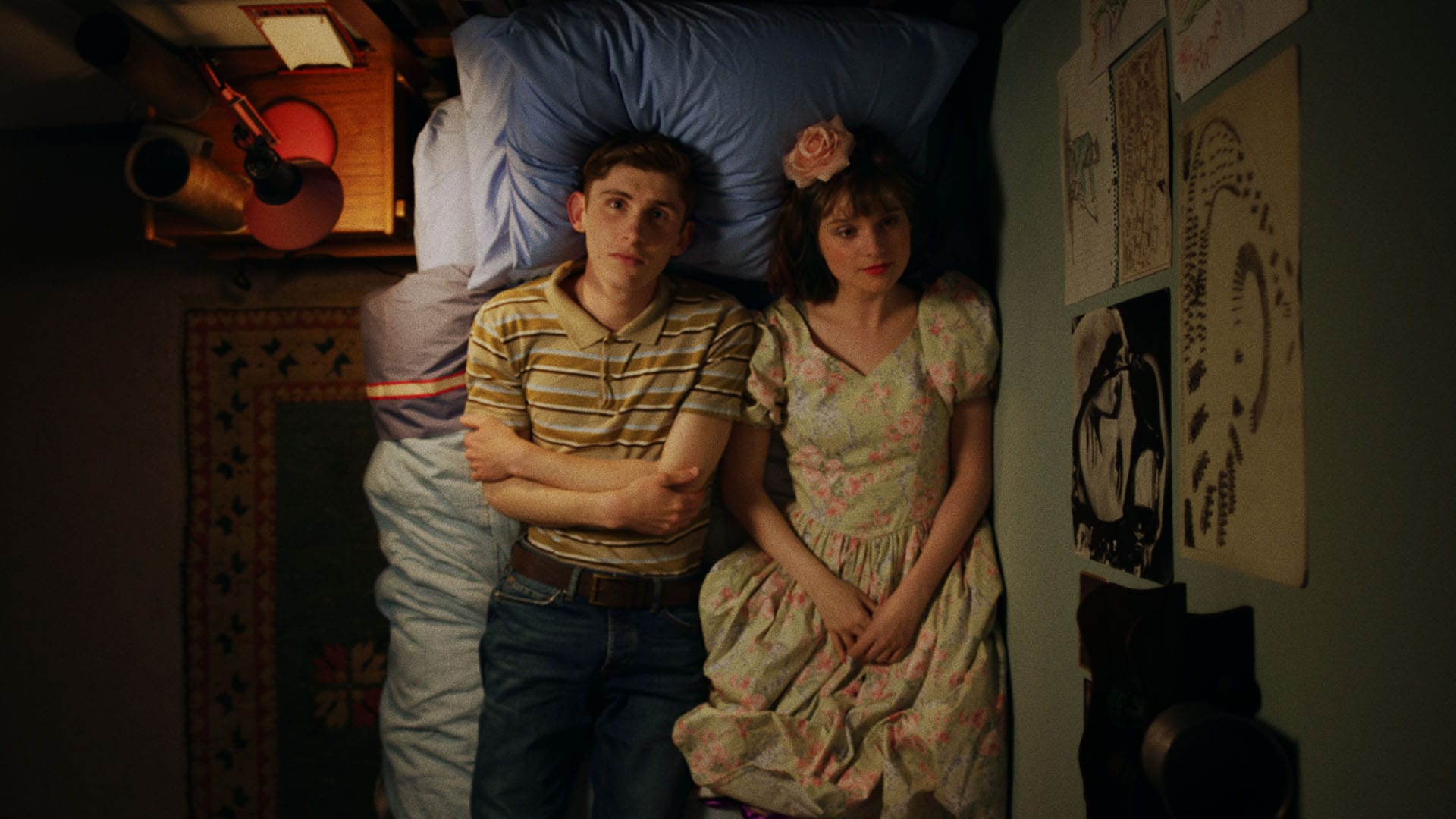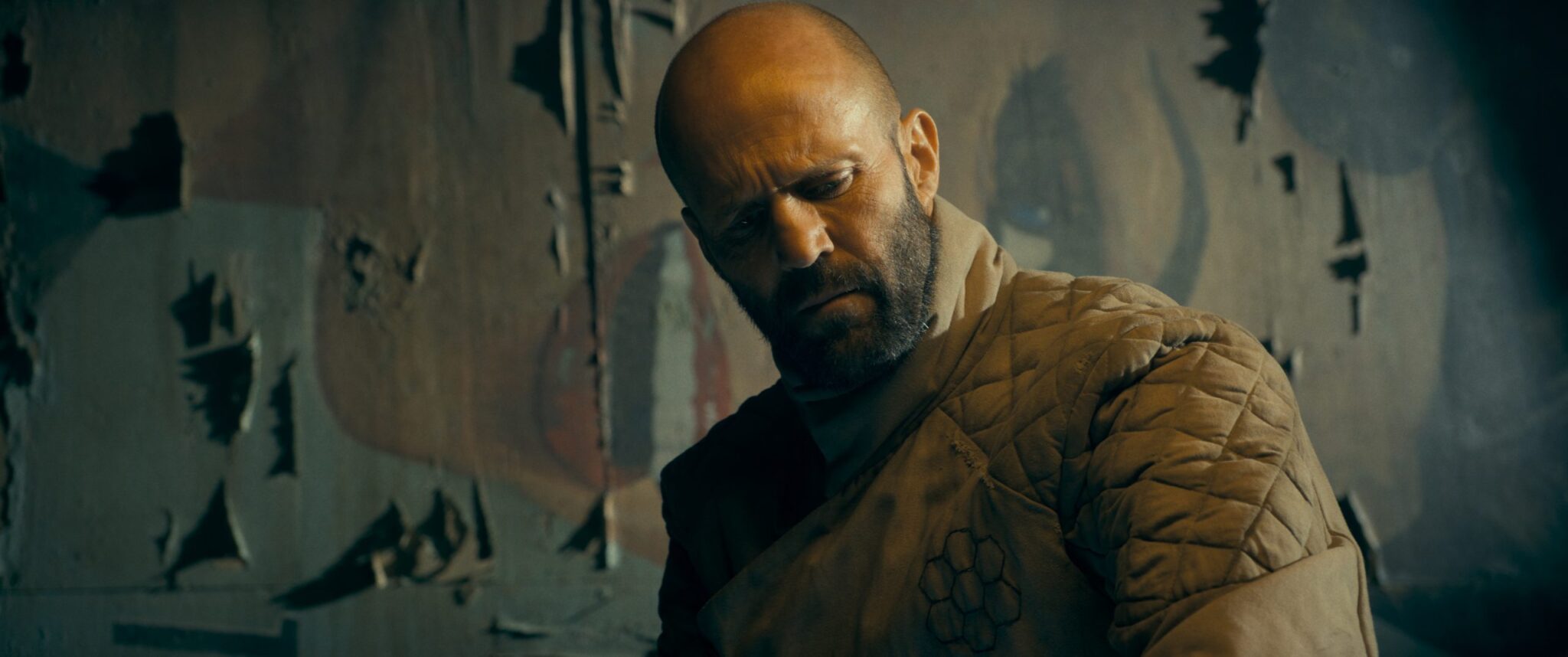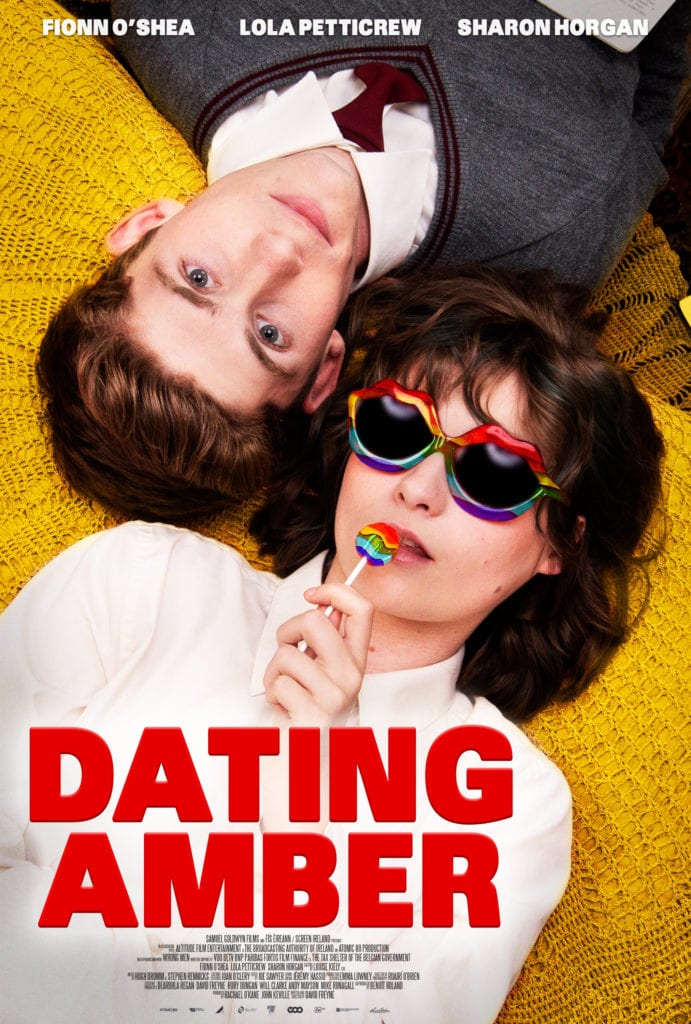
Set in 1995,?Dating Amber?tells the story of Eddie (Fionn O?Shea), a young Irish teen who is struggling to come to grips with his closeted sexuality. Growing up in a home with a military father, expectations are high that Eddie will follow in his dad?s footsteps and join the military. However, Eddie?s life changes when he meets Amber (Lola Pettigrew), another gay youth who has yet to come out. Pressured by his peers to get involved sexually with the girls, Eddie suggests to Amber that they pretend to date in an effort to fit in with the other youth. While the ruse works at first, soon their desire to be themselves begins to cause tension and they must decide whether speaking the truth is worth the cost.
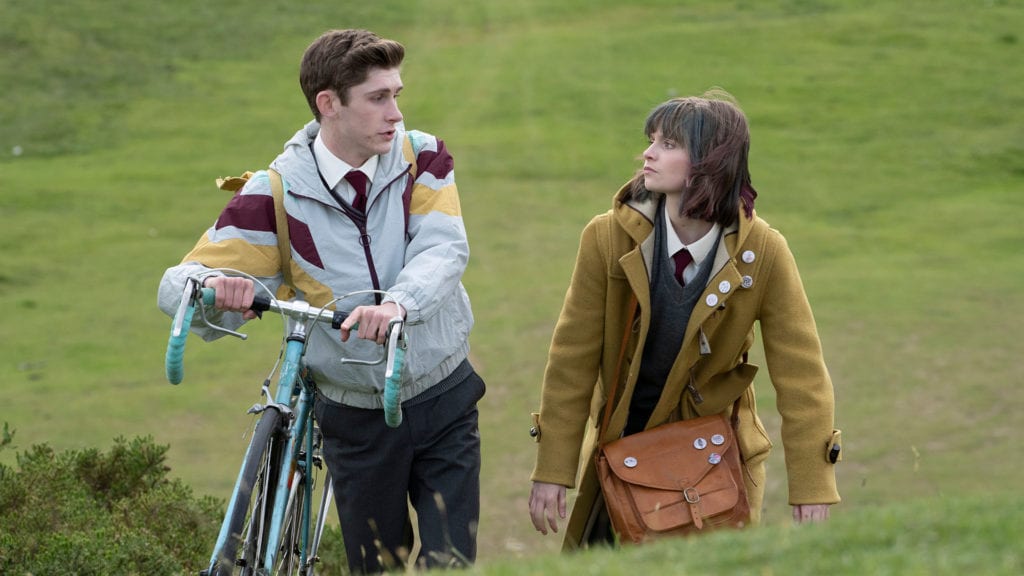
Written and directed by David Freyne (The Cured), Dating Amber is a fun coming-of-age story that entertains as much as it engages. With a sharp wit and strong sense of purpose, the film charms with its characters and humour yet neither does it shy away from the complexities of young hormones. Featuring a charismatic cast of youth, Amber pops with energy and life as it explores the challenges of adolescence and sexual exploration. Though their onscreen relationship may be fake, stars Fionn O?Shea and Lola Pettigrew have genuine chemistry together as they support and challenge one another throughout their emotional journey.
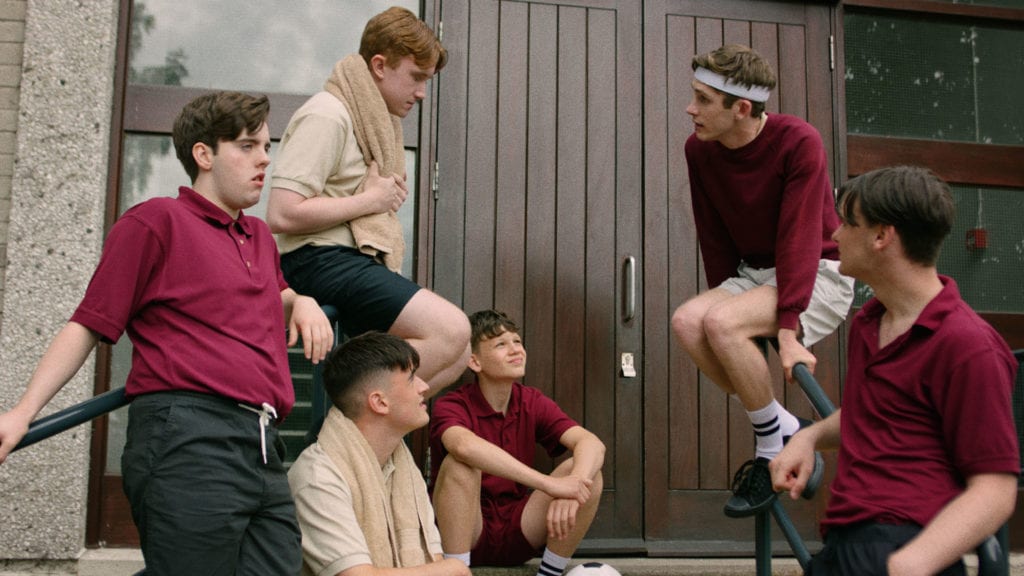
Dating Amber highlights the pressures of a society that insists on antiquated gender roles out of fear. For example, though his mother remains the primary caregiver while his father is away (sometimes for months at a time), Eddie?s father carries incredible weight in the home. For Eddie, Ian is the proto-typical example of masculinity. Though he is unsure whether or not he can live up to Ian?s expectations, neither does he want to disappoint his father either. As a result, Eddie?s attempt to join the military become as much about proving his manhood as it does about gaining his father?s approval. However, Ian?s stubbornness and inability to see the world from any perspective other than his own set toxic standards of masculinity within the home (and even erode his own marriage).
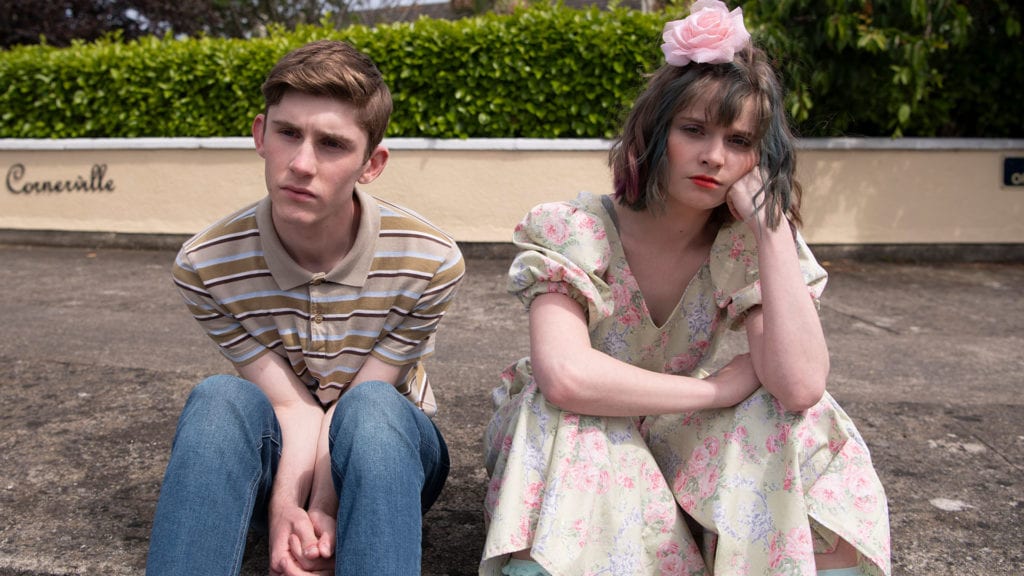
Similarly, after the death of her husband, Amber?s mother also sets expectations of cultural ?normalcy? for her daughter. Lost and afraid that she will lose her daughter as she lost him, Jill fights for control over her daughter?s life, always using her deceased husband as a reference. (?What would your father say?,? she repeats.) Despite the fact that he passed away long ago, her husband still seems to decide what?s acceptable in the home. As such, the undo expectations that attempt to force Amber and Eddie into more conservative roles have begun to eat away at their souls.

By highlighting the pressures of traditional ideas about gender, Dating Amber also celebrates the inner strength of those who are willing to be themselves, even if it challenges those roles. Though Eddie and Amber shelter themselves under the guise of their relationship, that protection also offers them a chance to find the support they need to truly discover who they are. As they gain the courage to be more fully themselves with one another, they also are built up to become who they were meant to be in the culture at large. (In fact, it?s worth noting that, despite being set over two decades ago and focuses on the journey of two gay Irish teens, somehow the film still feels universal in its appeal with its message of being true to one?s self in the face of adversity.)
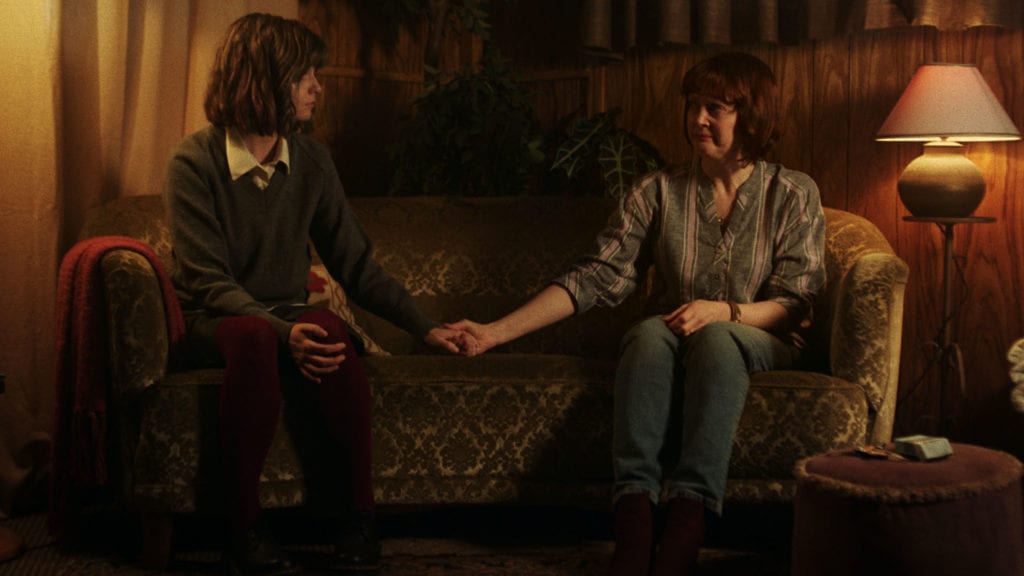
Endearing and poignant, Dating Amber is an loveable film about what happens when the innocence of youth collides with the harsh pressures of an unfeeling world. As Amber and Eddie grow more comfortable with themselves, the film serves as a reminder that, when we own who we are made to be, it enlivens the soul.
Dating Amber is available on VOD.

